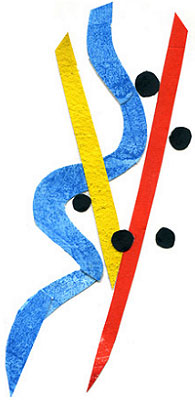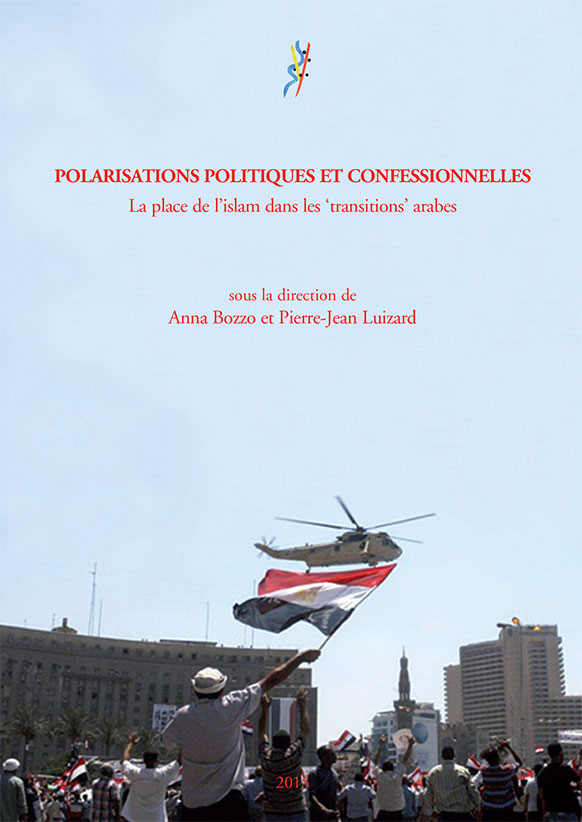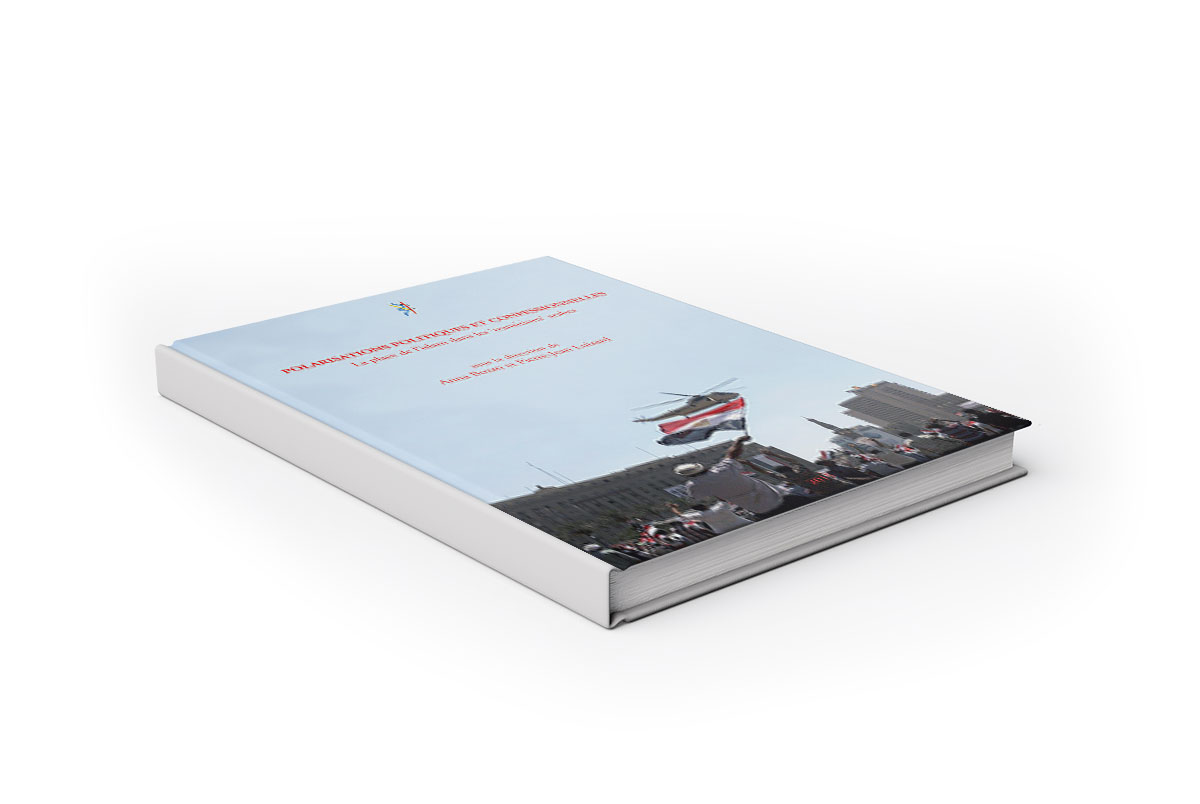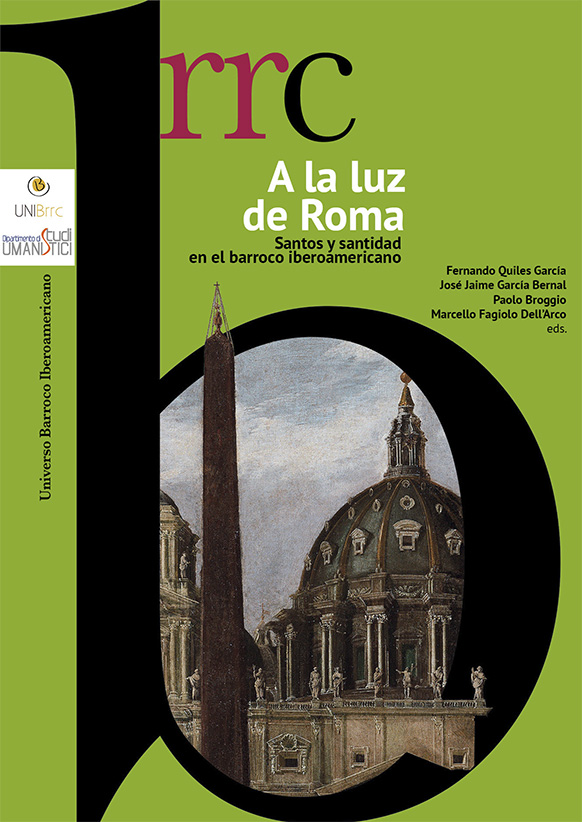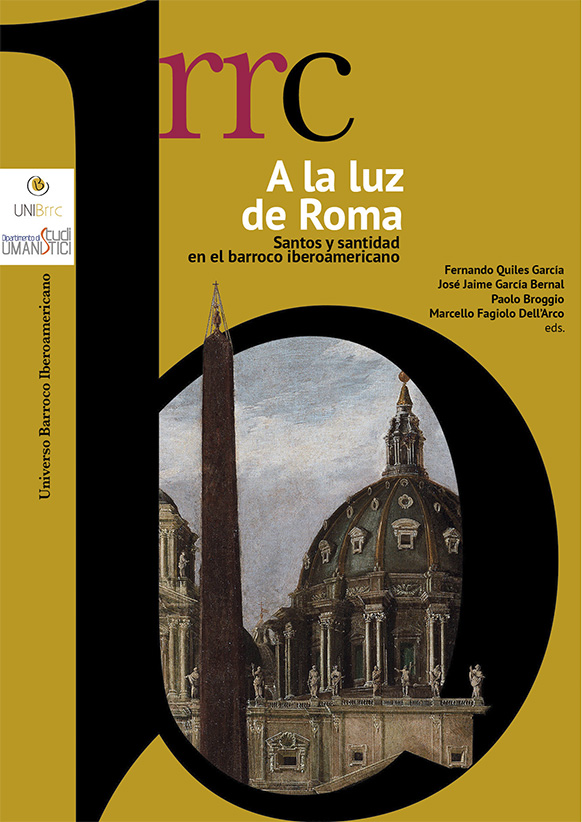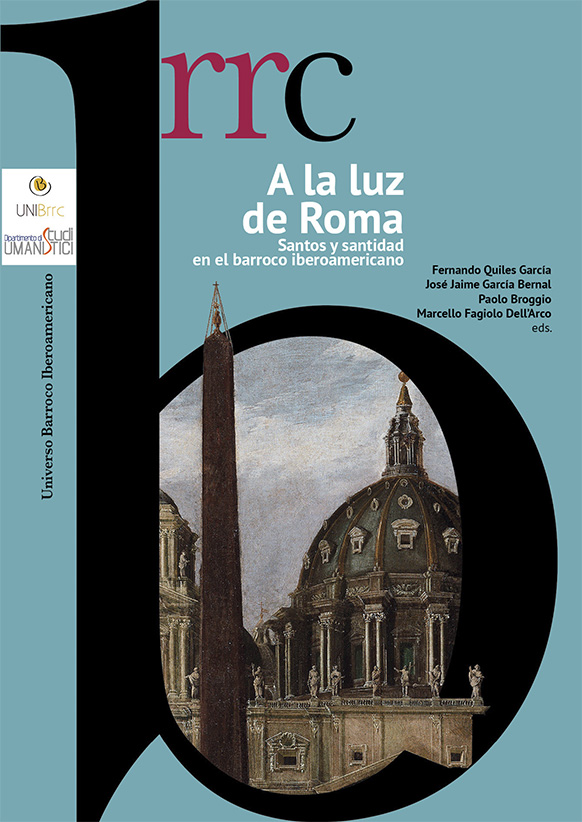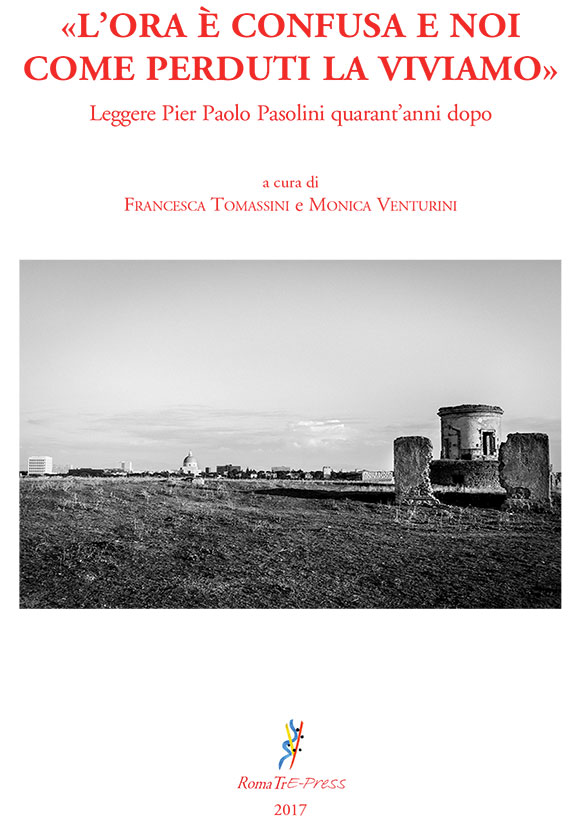Abstract
The Arab Springs have liberated the public arena far and wide: an arena of freedom that all segments of society have suddenly occupied, notably those that, as the Islamists, had been deprived of. The Street extracted a freedom of speech that had long been confiscated. Even if Islam was not the first reference among the slogans shouted in the streets, the militants of the Islamist movements were not absent. Having been the target of repression under authoritarian regimes, which had imprisoned and relegated them to the underground, they have benefited from this new deal, while retrieving a freedom of action and a growing visibility, associated or not with a political purpose of take over of power. They found themselves engaged, in certain countries, in electoral competitions where nothing could be taken for granted and which dictated the development of new strategies where militant practice, presence in the field and outreach work constituted advantages. In competition with the other movements and parties present on the political scene, the Islamist parties and movements find themselves currently in the heart of ongoing polarizations in the countries of the Middle East and the Maghreb, whether they are engaged in phases of transition or, much more tragically, in processes of armed confrontation. These polarisations – political at the beginning of the Arab Springs – also took a merciless denominational turn, implicating the whole Arab world, and clearly question the viability of certain States.
The articles in this book issue, for a large part, from the symposium on these topics held in Paris on 26 and March 27, 2014 jointly by the Group Societies, Religions, Secularisms (GSRL), the Roma Tre University, the Institute for Studies of Islam and the Societies of the Muslim world (IISMM), the Practical School of Advanced Studies (EPHE) and the School of Advanced Studies in Social Sciences (EHESS).
